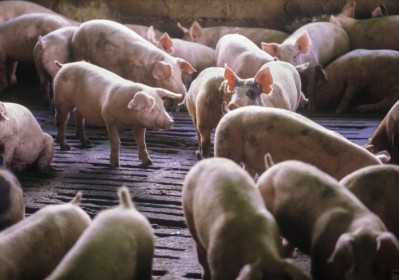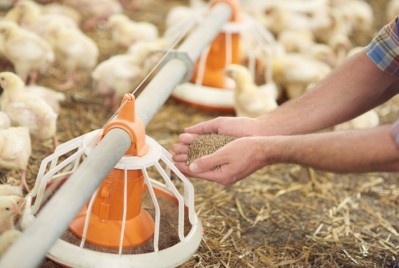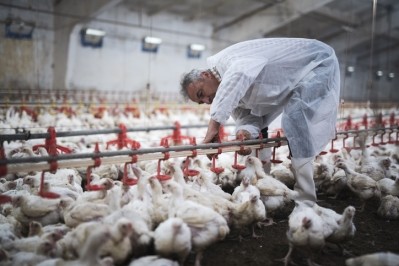African swine fever: Significant increase in EU pigs in 2023

That was the main finding of a report published by the European Food Safety Authority (EFSA).
For pigs, 2023 saw the largest number of African Swine Fever (ASF) outbreaks since 2014. Croatia and Romania, combined, had the highest number of outbreak notifications, with those two countries accounting for 96% of 1,929 cases reported.
The number of outbreaks in 2023 in wild boar increased by 10% compared to 2022. The virus was introduced for the first time in Sweden and Croatia and spread to new areas of Italy. It also re-appeared in Greece after a two-year break.
Germany, Hungary, and Slovakia saw the epidemiological situation improve in their countries with the number of outbreaks in wild boar decreasing.
EFSA’s experts recommend prioritizing passive surveillance, including the searching and testing of wild boar carcasses, rather than active surveillance, including the testing of hunted wild boar for the detection of ASF outbreaks. Passive surveillance, in particular noticing clinical signs of the disease, remains the main mode of detection for ASF also in domestic pig operations. Therefore, farmers and vets have a particularly important role to play in reporting suspicious cases.
The Parma-based organization is set to deliver a scientific opinion revising the risk factors for the emergence, spread and persistence of the ASF virus in wild boar populations as well as in domestic pigs. “Our advice will support risk managers in their ongoing efforts to prevent, control and eradicate the spread of the ASF virus.”
Global spread
ASF has caused severe socio-economic impacts, threatening the profitability of the global pork sector.
Since January 2022, the virus has been reported as present in five different world regions in 53 countries, affecting more than 489,000 pigs and more than 18,700 wild boars, with more than 1,390,000 animal losses.
Vaccine development
For many years, the lack of vaccine or effective treatment made the control of the disease very challenging. The research community, however, has been working to develop an effective vaccine and recent announcements of vaccines being approved or tested in some countries have raised hopes for the availability of new effective tools to contain the current ASF epidemic.
To date, no ASF vaccine is authorised for use in the EU but January this year saw the initiation of four-year long EU project, backed by Horizon Europe and led by HIPRA, aimed at developing live attenuated vaccines against the virus. VAX4ASF brings together 17 partners from the EU, the US and Kenya, in an international consortium. The collaborators will not only work to facilitate pioneering improvements in the development of new generation vaccines, they will also look to establish innovative approaches to ASF control and management.








